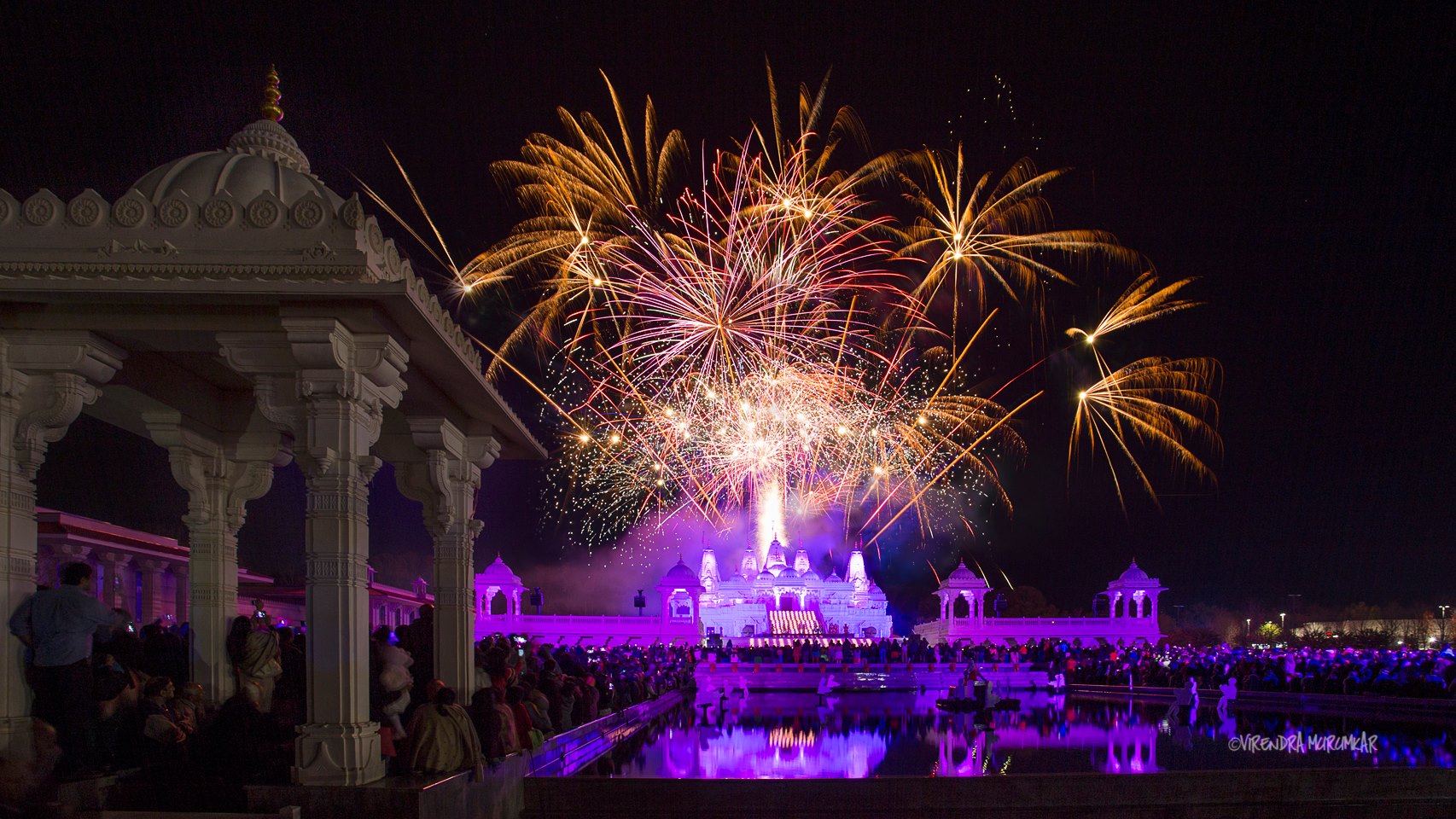A quote from Heraclitus aptly summarizes in paradoxical terms the truth about the story of human civilization : “The only thing that is constant is change.” At times, the pace is too fast to keep up with. As a first generation resident in the United States, I often reflect on the changes related to the Indian diaspora. What I feel is that the shift has been monumental. The growth has been so extraordinary that we Indians have found a home away from home.
In the first half of the nineties, we moved to Knoxville, a city in Tennessee with a population less than 200, 000. With the heart aching for home, an almost 800-square-feet store had a special charm for me. There was nothing fancy about it. The paint on the walls was almost chipped; the window sidings were in need of replacement. The cramped space could accommodate less than twenty people at the same time.
My attraction towards it stemmed from the fact that the joint carried spices, flavors, and memories from home. A trip to the store reminded me so much about the shopping experience in India. Located just across the street from the apartment complex we lived in, it was the only grocery store that catered to the needs of the Indian crowd. Even after we moved to Atlanta, a much bigger city, we had to drive 25 miles to get our Indian groceries.

A change in paradigm is so clearly visible now. There has been a mushrooming growth of Indian stores and restaurants within a radius of almost 5 miles from where we live. You just need to make the best pick from ‘God’s plenty’.
It will not be an exaggeration to say that our lives for the first few years were insulated from our families. We were PIGS! Not the ones who stayed filthy in the sty. I am referring to the acronym that was used in a lighter vein for those of us who came to study: Poor Indian Graduate Students. The university stipend that came from assistantship positions took care of basic necessities, so a phone call with the cost close to $2 per minute could be afforded only once in a while, mainly for important reasons. We resorted to snail mail that took close to a month to reach from one continent to another. As a result, we had missed out on so many happenings at home.
Fast forwarding by two decades, the scenario has changed so drastically. Barring the physical distance, someone who has left home is not clueless about what happens on the other side of the globe. Phone calls are immensely cheap and free over the net. Even visual contact is just at the fingertips. The minutest details can be exchanged. An acquaintance bragged about how she had seen her nephew’s grand birthday bash in Mumbai through a live feed!
It’s a blissful moment when on an autumn night, Diwali is celebrated in Swami Narayan temple in the suburbs of Atlanta amongst a teeming multitude spanning several generations. Built in tune with ancient Hindu architectural scriptures, the pristine marble construction is surrounded by neatly manicured lawns and stands in an area that stretches over 30 acres. The local mayor comes to inaugurate the ceremony. There is a food festival in the courtyard. The fireworks show lights up the evening sky. As the national anthem of India is played, the feeling is that of a “Little India”. The festive occasion is nonetheless a testament to the preservation of culture and heritage in a foreign land.
Someone humorously remarked that besides other things, it’s cricket and Bollywood that unite Indians living overseas. We have moved a long way in both these fields. There was a time when we rented out VHS cassettes (and later DVD’s) to watch our favorite films. Now with major multiplexes running Hindi movies, one can well boast of having watched the first day first show like someone in India. I have also had the lovely experience of attending concerts by my favorite singers from India. The artists have carried their soulful melodies all across the seas.
Gone are the days for the non-resident Indian to simply procure cricket scores from different sources and not get to watch the game at all. Thanks to satellite TV, fans watch live matches and are immersed in the euphoria of the game as it goes on in the grounds.
Big strides have been made along the pathway on a continuous basis. Globalization is truly the order of the day. The homeland specialities that we miss can be delivered right at our door step, be it music, food, or any entertainment that we yearn for.
As a tenth grader in high school, I read a piece by Issac Asimov that talked about the world being a ‘global village’ in the future. The lexicon employed sounded impressive though it did not make much sense to me at that time. Now many years later, it becomes as clear as dawn what the writer meant. Distance these days is no longer the deterrent that stands in the way of communication. We are far from our close ones yet near, and though there is no doubt that the emotional bindings cannot be ably compensated for by any modern development, the stretch in miles has been bridged enormously by technological and human progress. We are blessed to have the experience and ecstasy that we yearn for so intensely brought to us in our second home.

Rashmi Bora Das
Rashmi Bora Das moved to the United States from India in the early nineties. She has a master’s degree in English from India. She did her second master’s in Public Administration from the University of Tennessee, Knoxville. Rashmi is a teacher with a passion for writing. Her other interests include traveling, listening to music and watching films. She lives in Atlanta, GA,

![Powerful Pride documentary Legendary Children [All Of Them Queer] streaming very soon](https://globalindianstories.org/wp-content/uploads/2025/06/Legendary-streaming-release-featured-238x178.jpg)



![Powerful Pride documentary Legendary Children [All Of Them Queer] streaming very soon](https://globalindianstories.org/wp-content/uploads/2025/06/Legendary-streaming-release-featured-100x75.jpg)

